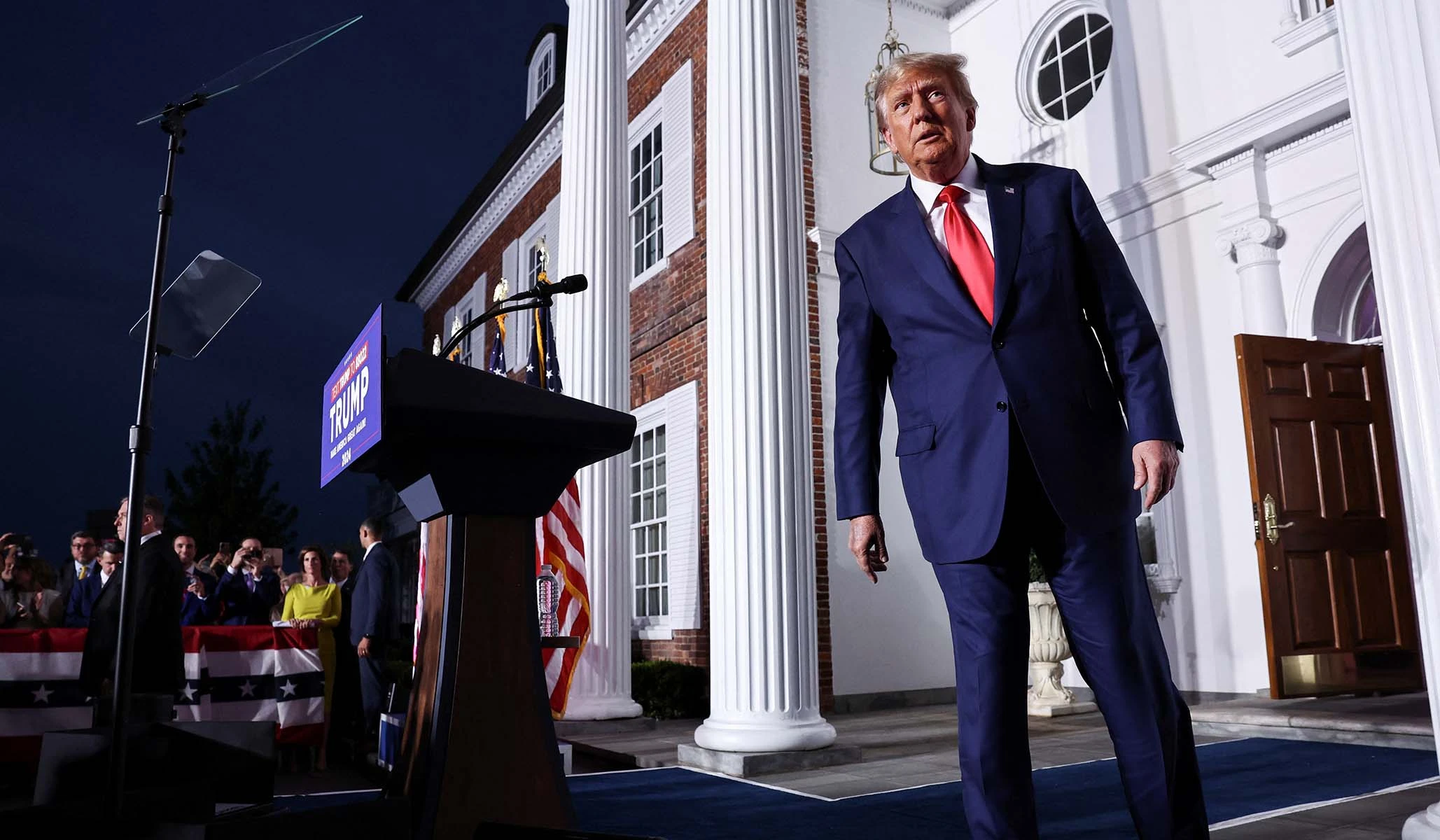The federal indictment of former President Donald Trump for retaining and concealing sensitive and classified documents at Mar-a-Lago has sparked partisan reactions. However, it is important to approach the issue with a focus on the facts, the law, and due process. This is a significant event that demands serious scrutiny.
Conservatives and Republicans have valid reasons to be skeptical of this indictment. It is crucial to remember that an indictment is not evidence or a verdict; it is merely a series of accusations. The presumption of innocence is a fundamental principle of the legal system, and it cautions against jumping to conclusions without assessing the credibility of the allegations.
The fact that no president before Trump has ever been indicted, along with the political incentives for the Biden administration, raises concerns about the motivations behind this indictment. It is essential to hold such an unprecedented indictment to a high standard of clear legal violations that are consistently enforced.
Furthermore, the credibility of those pursuing Trump, including federal law enforcement, has been called into question in recent years. The indictment itself has been criticized for being shoddy and full of legal defects. The actions of the Justice Department and the FBI have raised doubts about their integrity and fairness. This context should be taken into account when evaluating the credibility of the indictment.
While skepticism is warranted, it is important to approach the indictment with a critical but open mind. When assessing allegations, it is essential to consider four possibilities: false allegations, unprovable allegations, missing context, and legal flaws.
False allegations would require a conspiracy involving multiple levels of review. While conspiracies are possible, it is important to consider the evidence and the number of people involved. The DOJ and the FBI, despite their flaws, are still professional organizations that generally exercise caution and follow proper procedures.
Unprovable allegations present a challenge for the government in terms of presenting evidence that the jury will never see. This raises concerns about the legitimacy of the case and the public’s perception of it. The prosecution will need to rely on witnesses and summaries of the documents to make its case.
Missing context and legal flaws are also factors to consider. Trump’s legal team may present testimony or cross-examination to provide a different perspective on the case. However, there is less room for ambiguity in this indictment compared to other criminal cases. Trump’s own statements and actions suggest his awareness of the sensitive nature of the documents he retained.
In conclusion, while skepticism is valid, it is important to approach the indictment with a critical but fair mindset. The credibility of the allegations should be evaluated based on the available evidence and legal standards.

